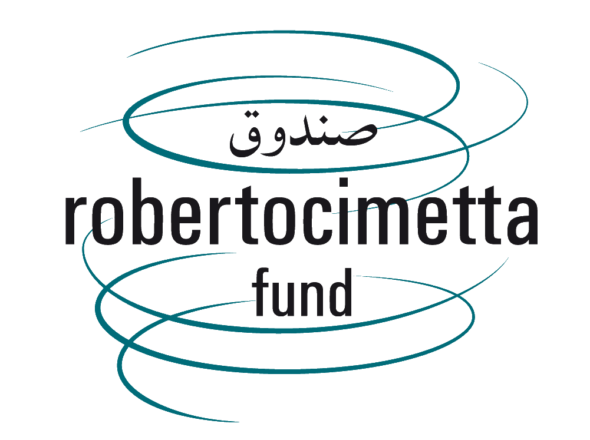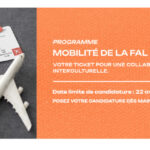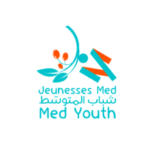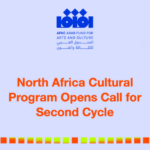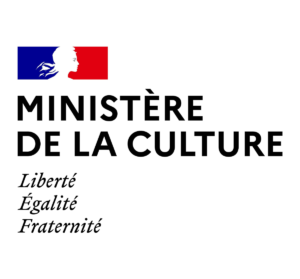Manifesto in favor of the mobility of artists and cultural professionals in the Mediterranean and in the world
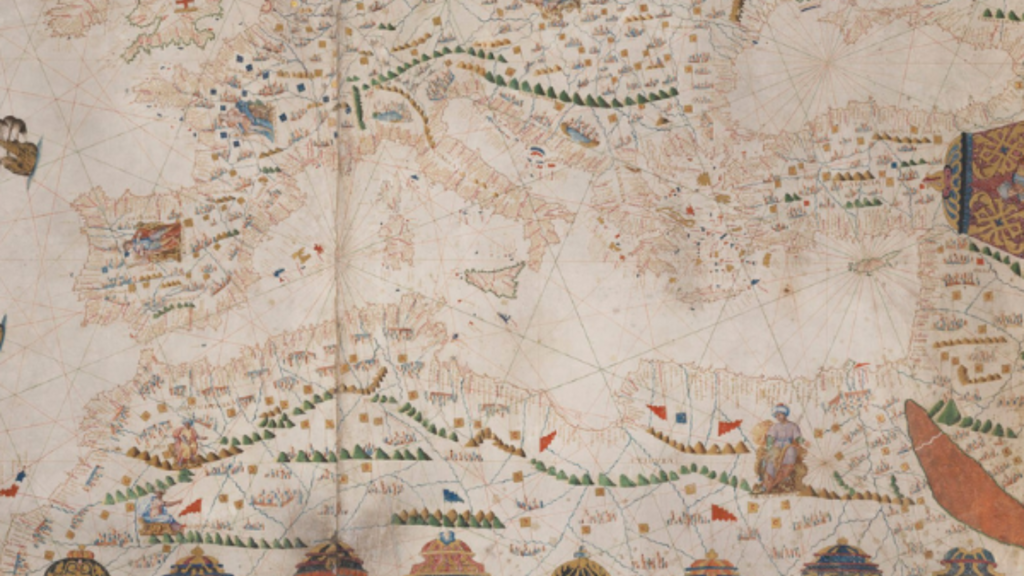
this document is the result of a participatory process. It brought together 33 contributors from 16 European and Mediterranean countries, as well as participants in working groups and workshops, before being published in April 2022.
Taking into account the challenges of mobility for artists and cultural professionals, it sets out a clear vision and recommendations for new ways of tackling and implementing mobility in today’s global context.
This document is the finalized version proposed by the Roberto Cimetta Fund in April 2022. It is intended to be widely shared, disseminated and used as a working tool in the framework of workshops and public debates all around the Mediterranean and worldwide. It is intended to be supplemented/amended in consultation with the Roberto Cimetta Fund.
Transnational freedom of movement, a universal right
The free movement of persons throughout their life is one of the human rights enshrined in the Universal Declaration of Human Rights of 1948 (article 13). It stipulates the right to leave one’s country and to return to it freely. Free movement is part of the right to develop one’s life project, both personal and professional, and to access and participate freely in cultural life, regardless of frontiers, as recalled by the Declaration of Cultural Rights adopted in Freiburg in 2007. This right of movement concerns both the person traveling and their project, and the territory hosting them. It is part of a logic of exchange of material and/or immaterial, cultural and/or economic goods.
2022: Contexts, challenges, a new vision for the mobility of artists and culture professionals in the Mediterranean and worldwide
Considering the major international political changes that have occurred since the beginning of the 21st century, the hardening of power relations, the increase in inequalities within countries and between countries, the increase in the number of displaced persons and exiles, a rising new sensitivity to the decolonization process and the questioning of societal models,
we affirm that exchanges and mutual understanding between individuals and societies are more essential than ever to promote the values of equity and reciprocity and to nurture a local and international civic conscience.
Considering that the Covid19 pandemic experienced all over the world and causing widespread immobility, has raised the awareness of the impact of the impediment to movement in all aspects of personal and collective life,
we reaffirm the value and necessity of freedom of movement.
Considering the acceleration of climate change phenomena, further highlighted by the latest IPCC report,
we affirm the need to think about free movement within a sustainable environmental approach and taking contexts into consideration.
Considering the advent of digital technology on a global scale and its integration into remote and real time communication practices, the inequalities of access to the Internet network according to territories, the effectiveness of digital tools for exchanges, but also their limits, dangers and impacts,
we affirm the need to support face-to-face exchanges and facilitate rapprochement through free movement, on the local, regional and international scene.
Considering the geopolitical features of the Mediterranean region, between east and west, north and south, its long history of exchanges and the tradition of hospitality that characterize it, its shared cultural specificities and the diversity of languages that distinguish it; but also the perpetuation of conflicts in its midst and the economic inequalities that it suffers, the extreme gravity of the ecological problems and the devastating migratory dramas it endures, resulting in increasing obstacles to mobility
we affirm the importance of strengthening fair and sustainable circulation, exchanges and cooperation within the region.
Considering the cultural and artistic sector as an essential component for the development of societies, the characteristics of the professions it involves, the need for artists and professionals to be mobile at different times in their professional careers for economic and creative reasons, spanning their initial training to the distribution of their works, the value of artistic collaborations and cultural exchanges,
we affirm the need to better recognize the contributions of this sector to the social, economic and cultural development of the territories, the needs of its actors, and the importance of facilitating and supporting their mobility in their individual and collective projects.
This manifesto reaffirms the importance and the need for the free movement of people and works in the cultural and artistic sector in the Mediterranean region and worldwide.
Proposals and recommendations
– Raise the awareness of officials and policy makers at the local, regional, national, international level of the importance of the cultural and artistic sector for its contribution to development, of the structural needs of the sector and of the importance to include mobility in cultural policies as one of the factors favouring the development of culture professionals’ career paths and their contributions to the territories, like other economic sectors.
– Ensure that culture professionals, programmers, producers, trainers, artists support mobility projects, both individual and collective, within a vision integrating the interests and benefits of the concerned territories.
– Create funding schemes adapted to the different forms of professional mobility in arts and culture (tours, residencies, training, partnerships, etc.), considering the disparity of social and economic access to mobility, aiming for better geographical equity, and promoting pooling and cooperation initiatives.
– Integrate, in a context sensitive way, the environmental dimension in the implementation of new professional practices in the production of transnational cultural projects.
– Consider culture as a component of sustainable development, integrating eco-responsible mobility as a condition for artists to be able to develop their career from the place of their choice, thus contributing to a better distribution of cultural activity and offer throughout the territory.
– Facilitate continuous and sustained access to information on the means and mechanisms of artistic and cultural mobility, online and through resource persons in cultural and educational structures, in the different languages of the Mediterranean region.
– Pay attention to the specificity of the working conditions of artists and culture professionals traveling as part of their work (training, cultural exchanges, research, dissemination of works and touring, creative residency) for visa applications.
– Consider evaluation as a mutual learning process between beneficiaries, support structures and funders, contributing to increase the quality of mobility support.
This document is the result of the work initiated by the FRC in 2021 within the framework of two groups “mobility meetings” and “professional training”, and has benefited from the contribution of around thirty Mediterranean cultural operators.
It was finalized during the Forum des mondes méditerranéens (Marseille, February 2022) and the seminar-workshop organised in the framework of the French Presidency of the Council of the European Union (Paris, March 2022) organised in partnership with the cultural mobility information network On the Move.
Contributors
The manifesto has benefited from the contribution of:
- Areej Abou Harb (LB)
- Jumana Al-Yasiri (FR/SYR) Ilyass Alami-Afilal (MA) Silvia Albanese (IT)
- Myriam Amroun (DZ)
- Lucien Arino (FR)
- Lina Barghouthi (JO)
- Selim Ben Safia (TU)
- Mohammed Ben Soltane (TU) Fanny Bouquerel (FR/IT) Massimo Carosi (IT)
- Giusy Checola (IT)
- Christiane Dabdoub Nasser (PAL) Manuèle Debrinay Rizos (FR) Anais Deleage (FR)
- Claudine Dussollier (FR)
- Ziad Errais (FR/BE)
- Cristina Farinha (PT)
- Carlotta Garlanda (IT)
- Julie Karsenty (FR)
- Sue Kay (FR/UK)
- Ammar Kessab (DZ)
- Milica Ilic (FR/BE/SER) Marie Le Sourd (FR/BE) Matina Magkou (GR/FR) Salman Nawati (PAL) Antoinette Reyre (FR) Laurence Rondoni (FR) Shatha Safi (PAL)
- Aktina Stathaki (GR) Karim Troussi (MA) Dea Vidovic (HR)
- Amir Youssef Tadros (EG)
As well as:
- The participants in the workshops “Support for cultural mobility in the Mediterranean” and “Towards sustainable and equitable artistic and cultural mobility: what are the challenges today in the Mediterranean area?” » organized within the framework of the FMM
- The feedback from the partners of the art schools in the Mediterranean network MIRAMAR who gathered in Marseille in April 2022
For this project, the FRC received support from:
- French Ministry of Culture – General Secretariat – Europe and International Department – French Ministry for Europe and Foreign Affairs / DIMED
- Relay Culture Europe
- Secular Solidarity
This project is labelled PFUE 2022.
Contacts :
Manuèle Debrinay Rizos – president – president@cimettafund.org
Fanny Bouquerel – development officer – administration@cimettafund.org
